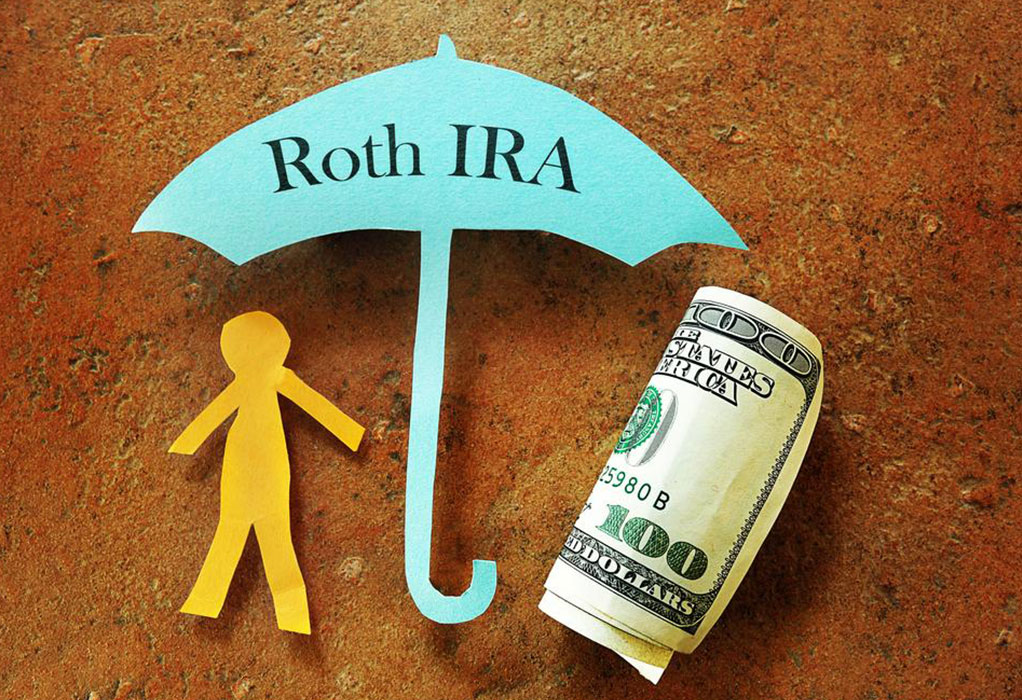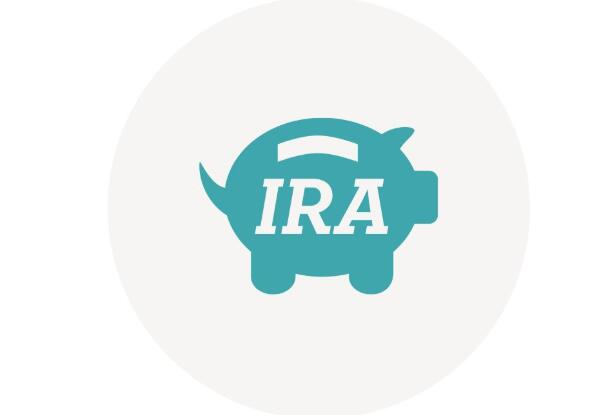What is an IRA (Individual Retirement Account)?
Maybe you've ever wanted to open an IRA account, but you're confused about the tax terms. This article is intended for investors who plan to save their retirement with an IRA or want to know what an IRA is. As long as you can read this IRA article patiently, you'll be surprised to find that the IRA isn't that complicated.

Maybe you've ever wanted to open an IRA account, but you're confused about the tax terms. This article is intended for investors who plan to save their retirement with an IRA or want to know what an IRA is. As long as you can read this IRA article patiently, you'll be surprised to find that the IRA isn't that complicated.
1. What is an IRA?
The IRA, or Individual Retirement Account. Unlike 401 (k), IRA are Individual and have nothing to do with the company, just as you open a stock account yourself. It is an investment account with tax benefits, depending on the type of IRA.
Traditional IRA: Tax-free at deposit and pay taxes at withdrawal. The money you deposit can be used to offset taxes, which means you don't have to pay taxes when you save, but when you retire and need to withdraw money, you'll pay tax at the rate at that time.
Roth IRA: Tax on deposit and tax exemption at withdrawal. You deposit money which is after tax, and money you earn after you retire is taken out without paying tax.
Non-Deductible IRA: For high-income group, you may not be able to open a Traditional IRA or Roth IRA, and Non-Deductible IRA is the only option. Non-Deductible IRA do not enjoy any tax benefits.
The amount can deposit in IRA has upper limit each year, with a contribution cap of $5,500 in 2017. If you're older than 50 years old, the cap will be $6,500.
2. Can I open an IRA account?
Anyone can open Traditional IRA. However, how much tax payment can your contribution offset depends on you and your spouse's income. In general, if you are high-income and your business offers you 401 (k), the tax for your Traditional IRA will be reduced or not. Below are the terms of 2017:
If you are single, and your employer does not offer 401 (k), or you are married and neither you nor your spouse have 401 (k), then you will be able to offset full tax.
If you are single and your employer offers 401 (k), and if your MAGI (Modified Adjusted Gross Income) is less than $62,000, you will be entitled to offset a full tax credit. If your MAGI is between $62,000 and $72,000, you will be able to offset partial tax credit. If your MAGI is above $72,000, you will not enjoy offsetting tax credit.
If you are married, you both are entitled to 401 (k) and MAGI is less than $99,000, you will be entitled to full tax credits. Partial tax offsetting if MAGI between $99,000 and $119,000. No tax offsetting if your MAGI is above $119,000.
If You are married, only one of you has 401 (k) and MAGI is less than $186,000, you will be entitled to offset full tax credits;
If you are a high-income person, you may not any tax benefits under the above terms. But the existed money in Traditional IRA and generated revenue will be delayed to be taxed, so it's a good choice.










